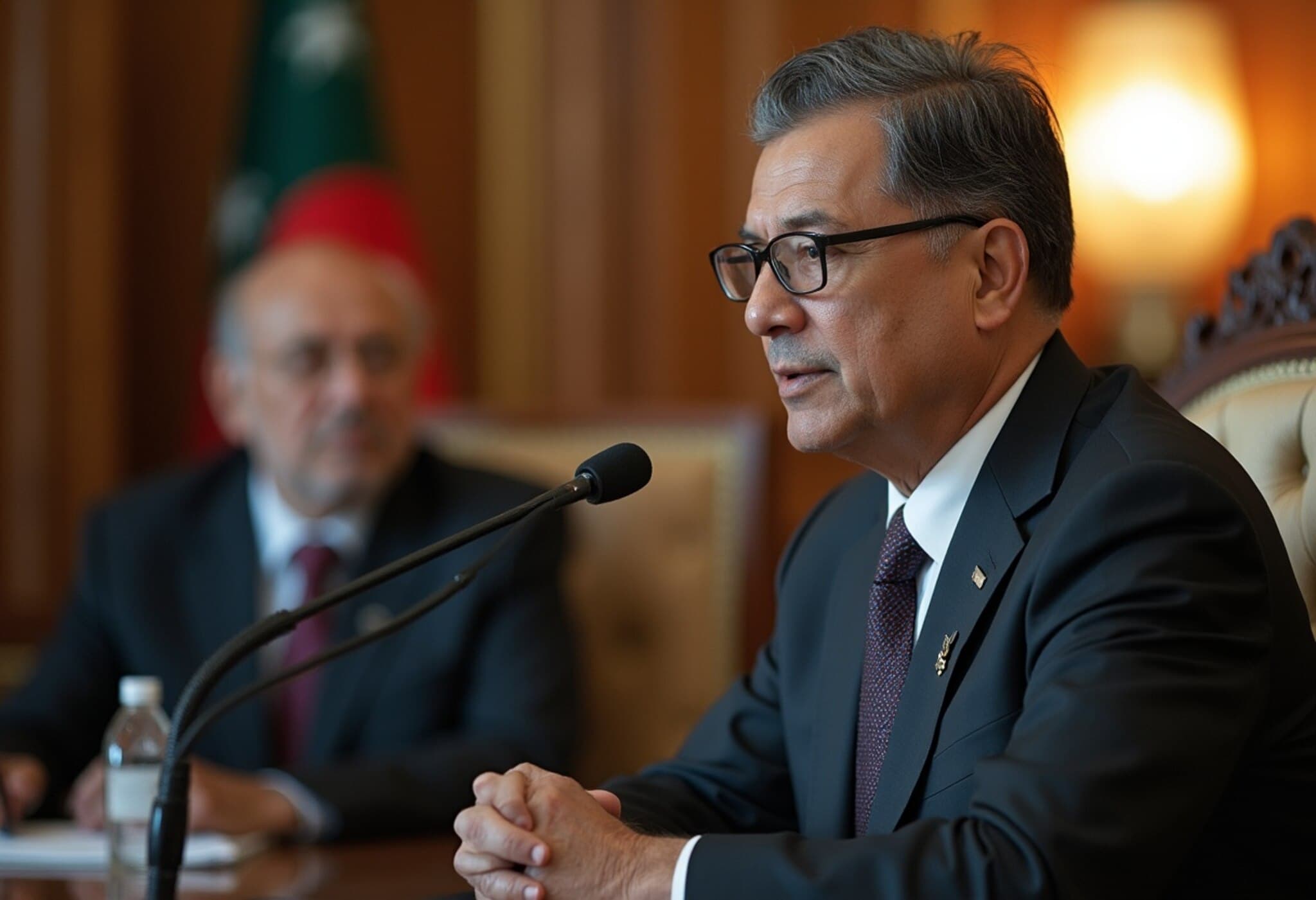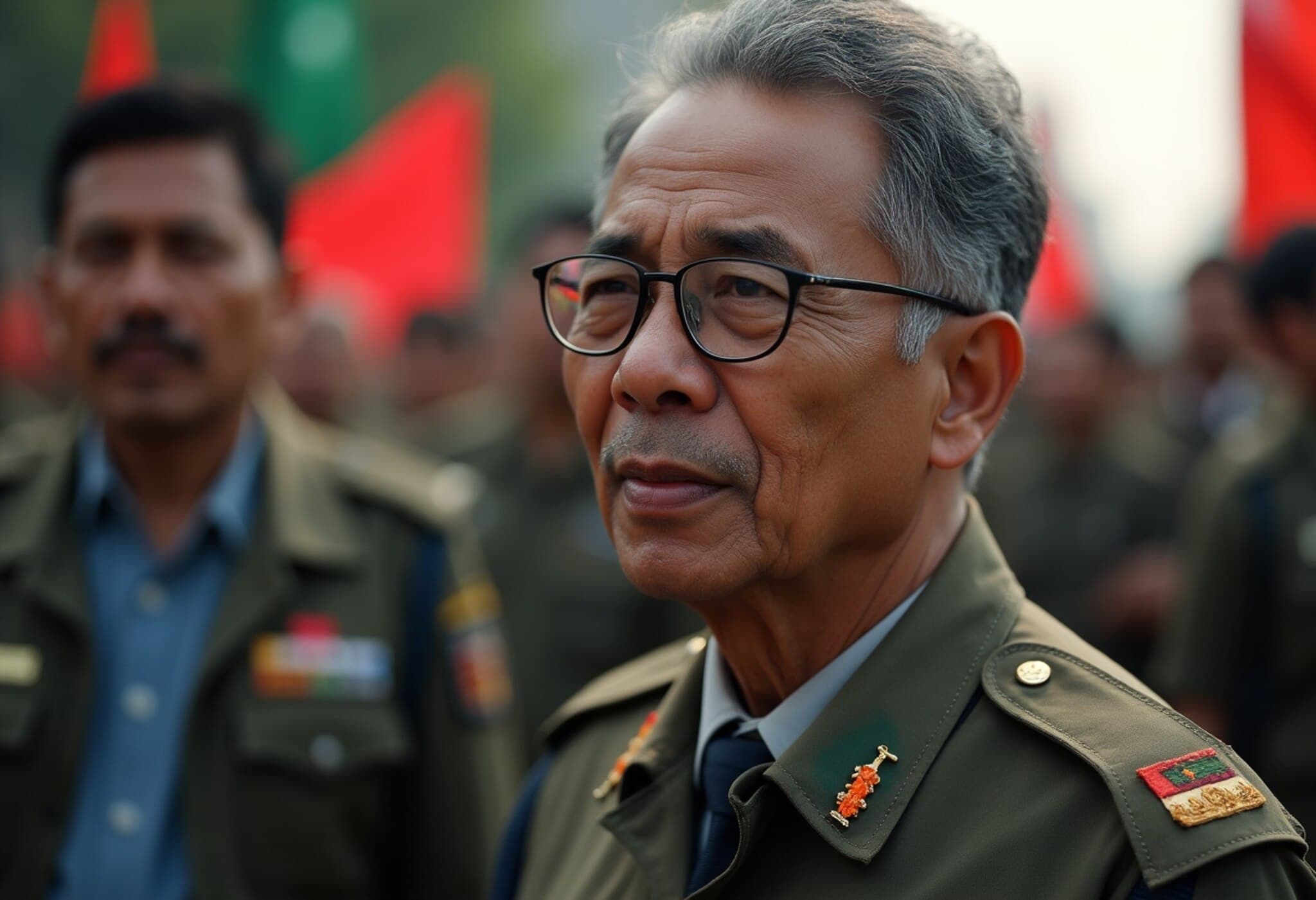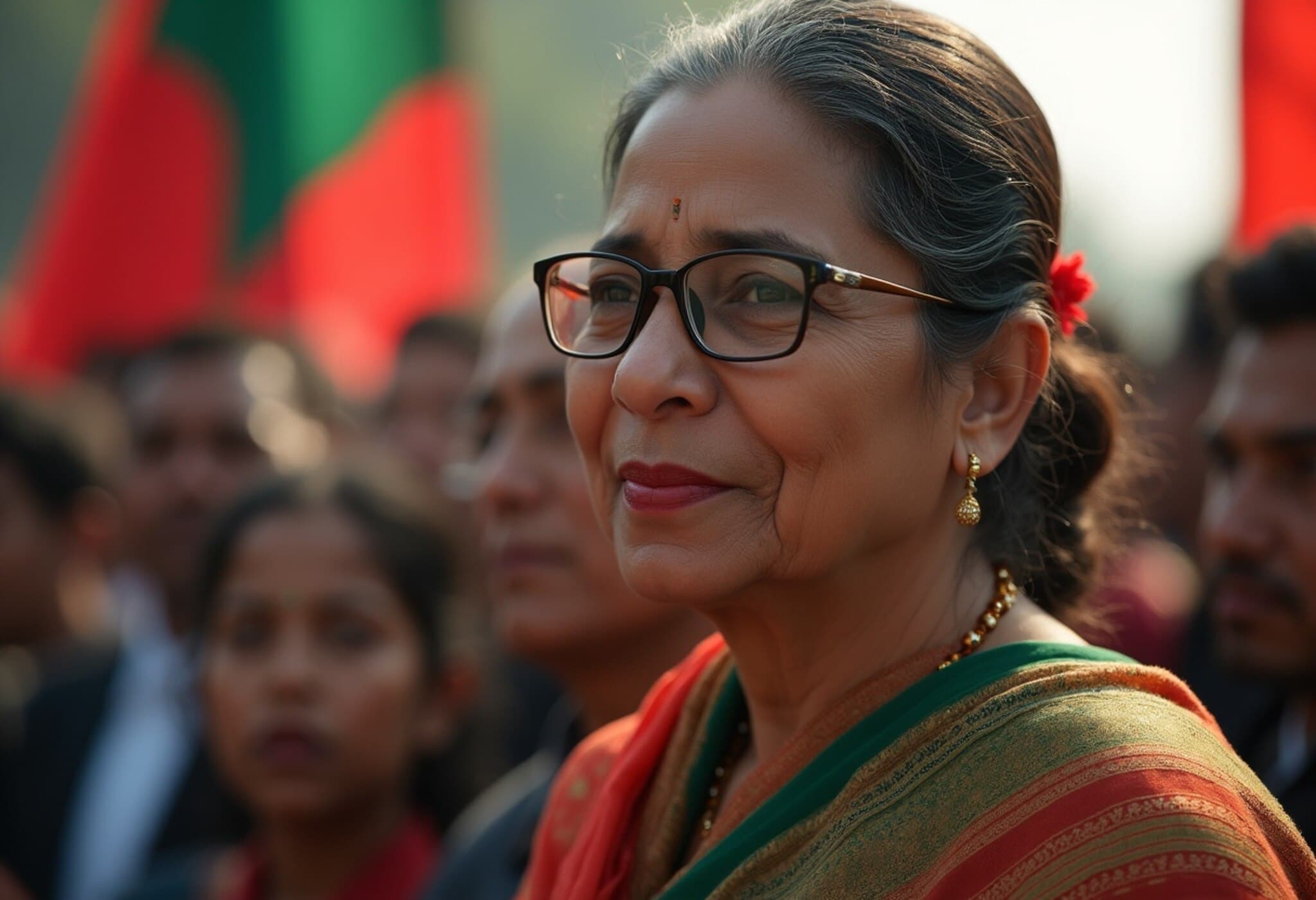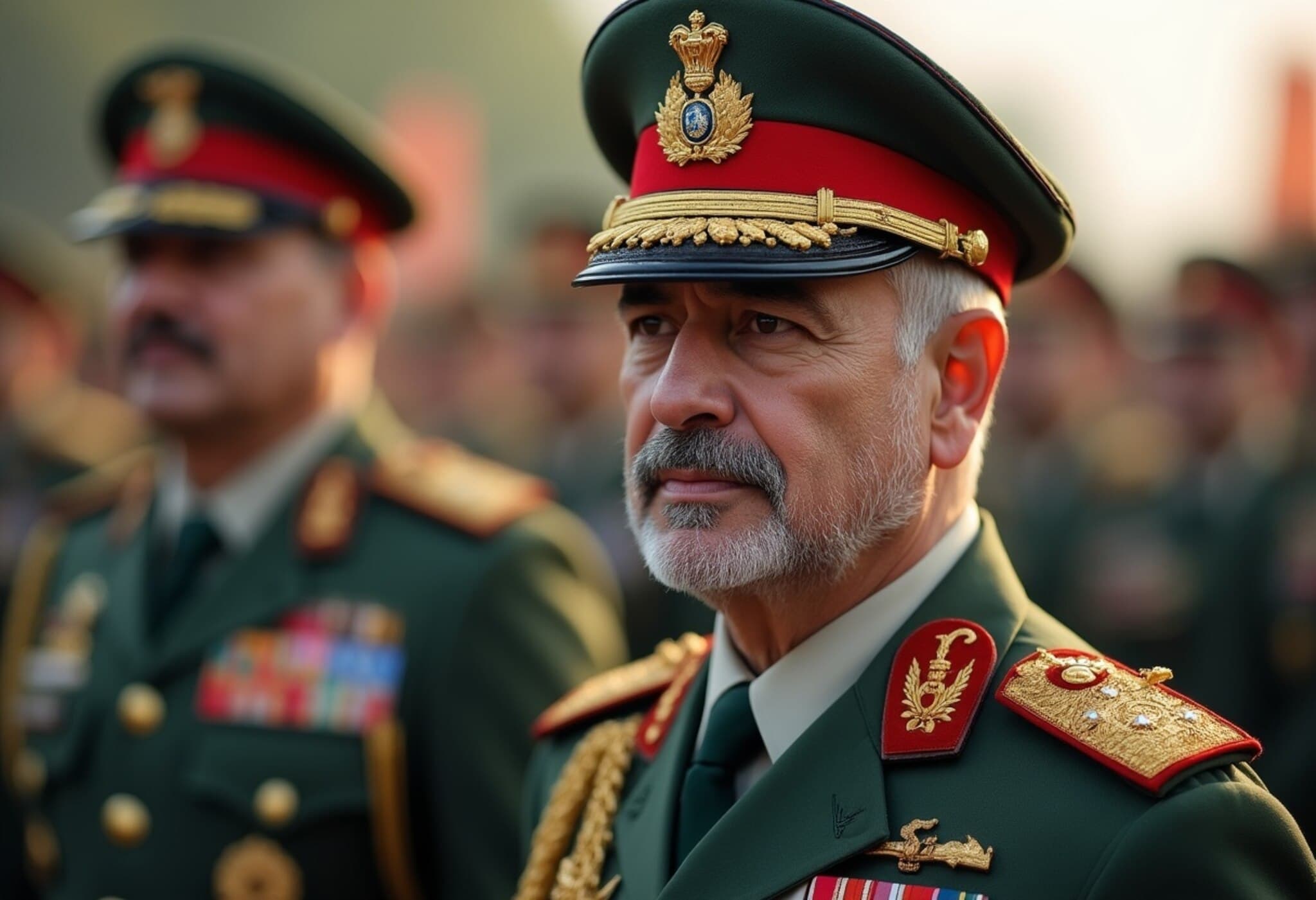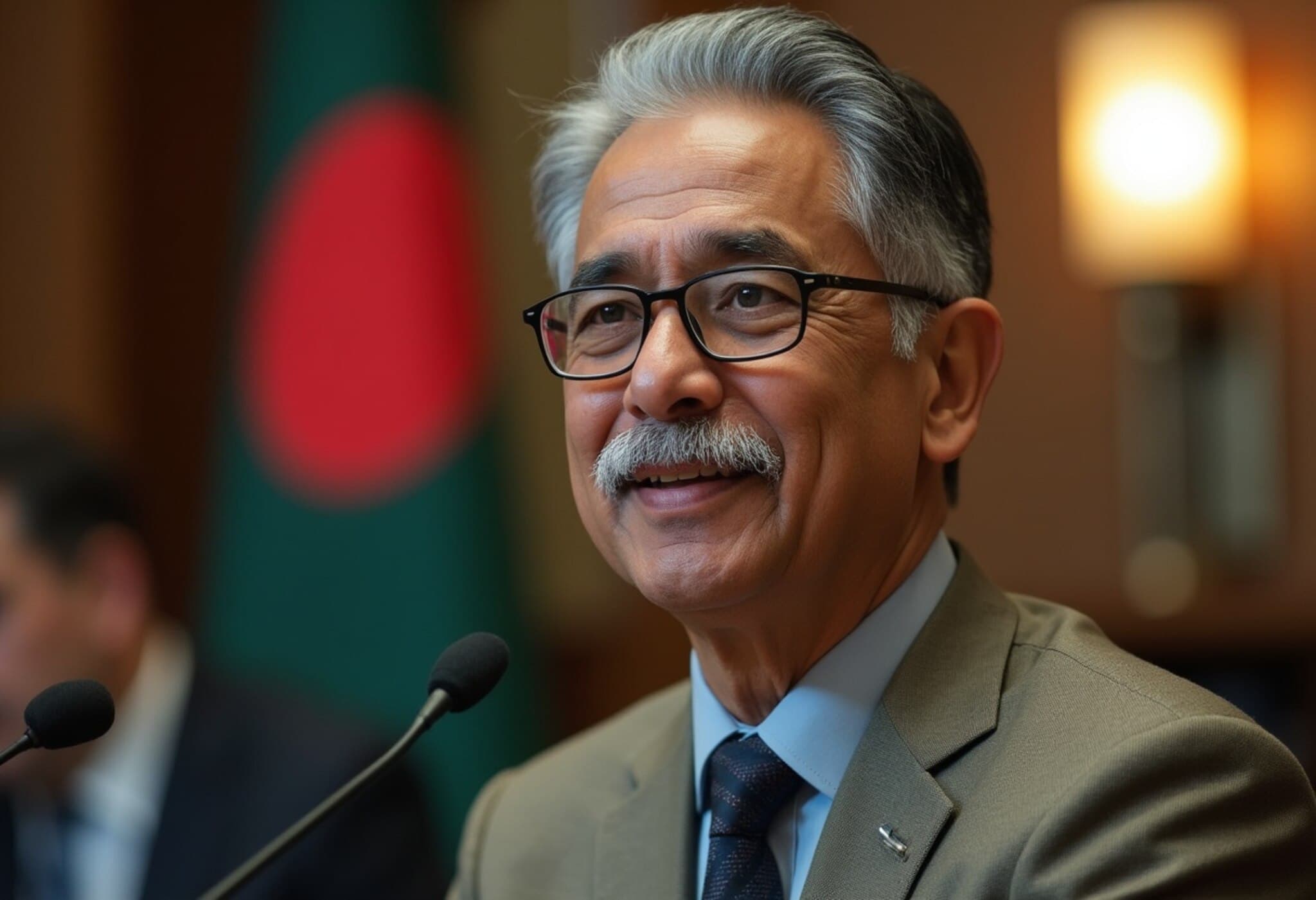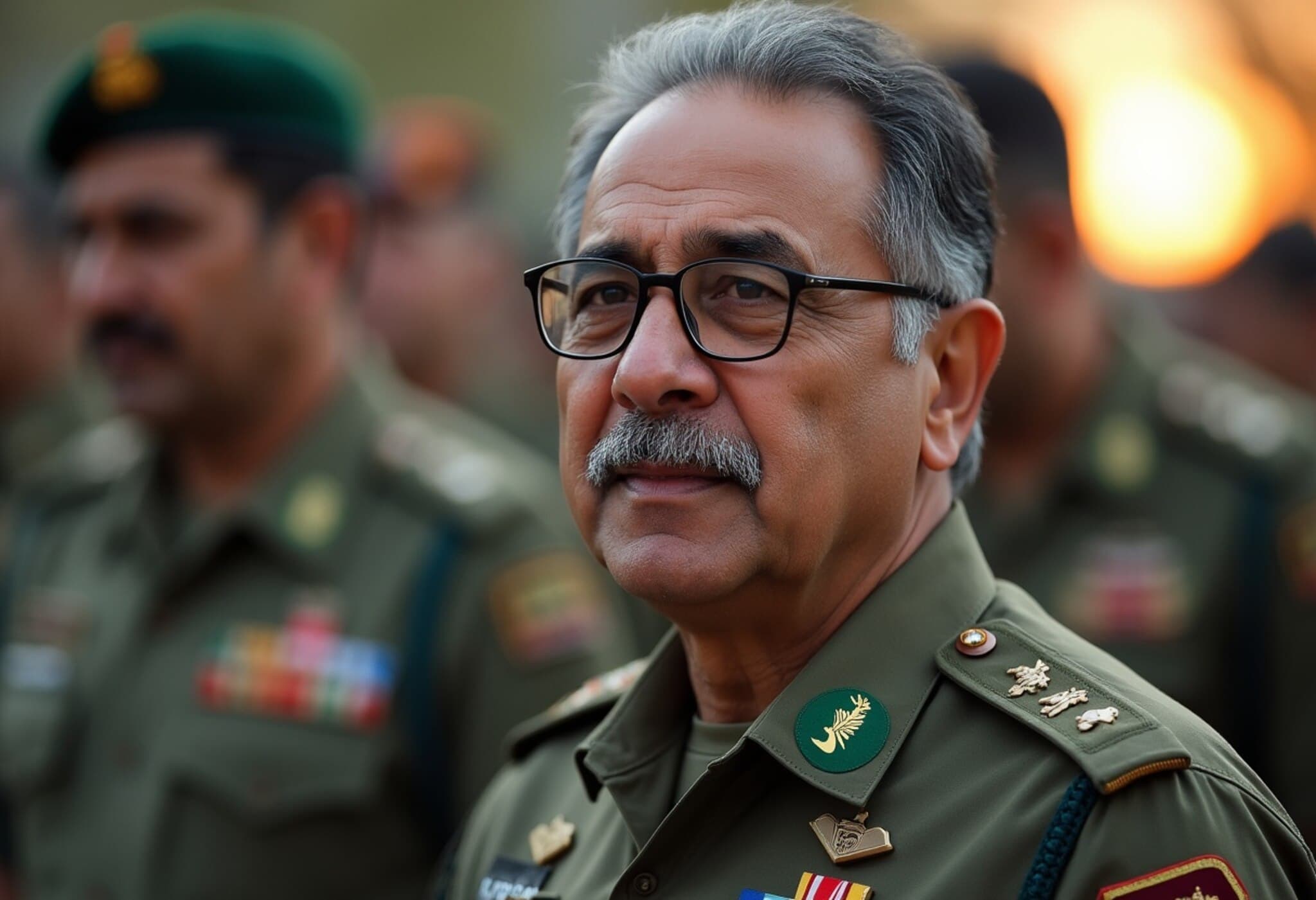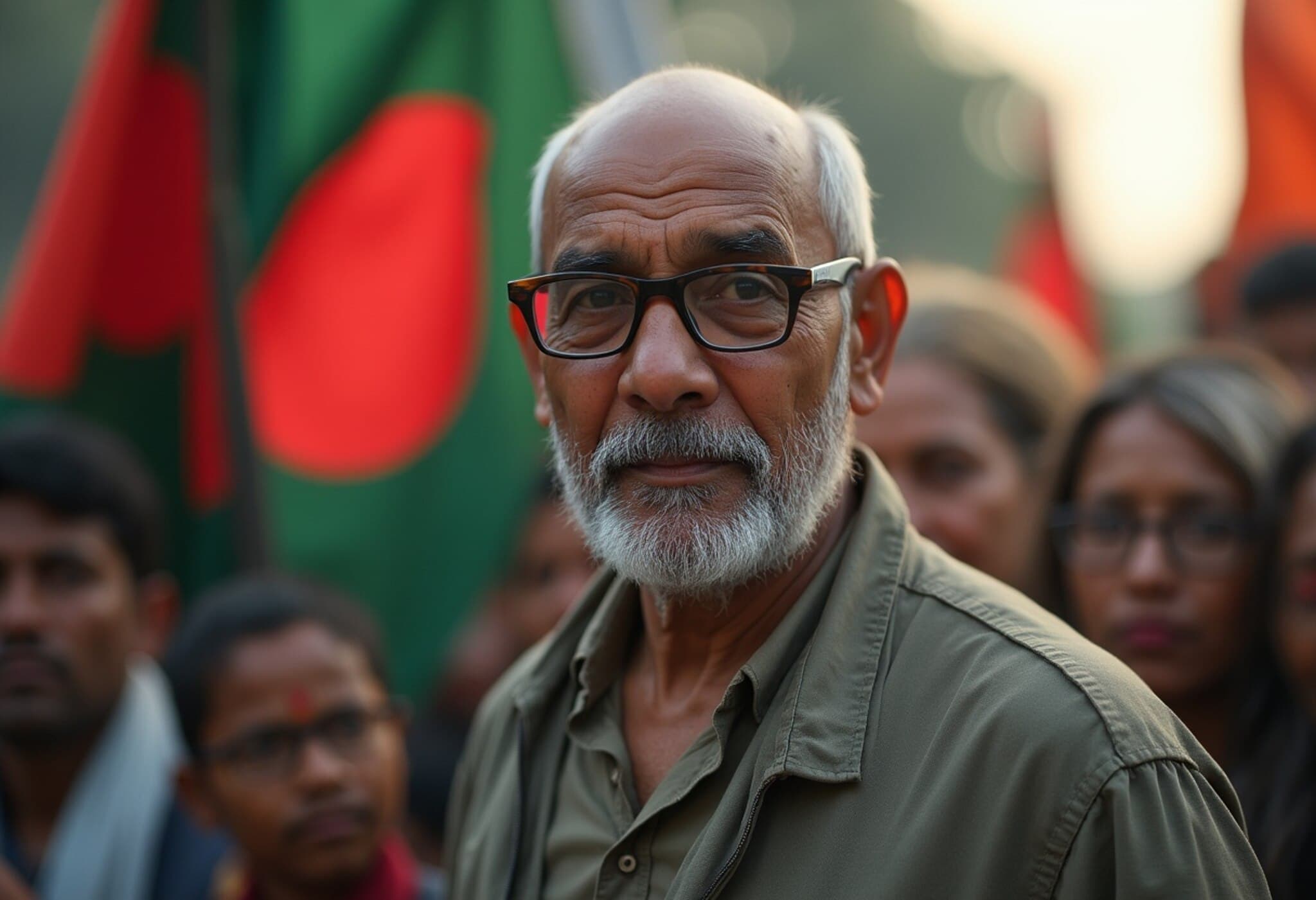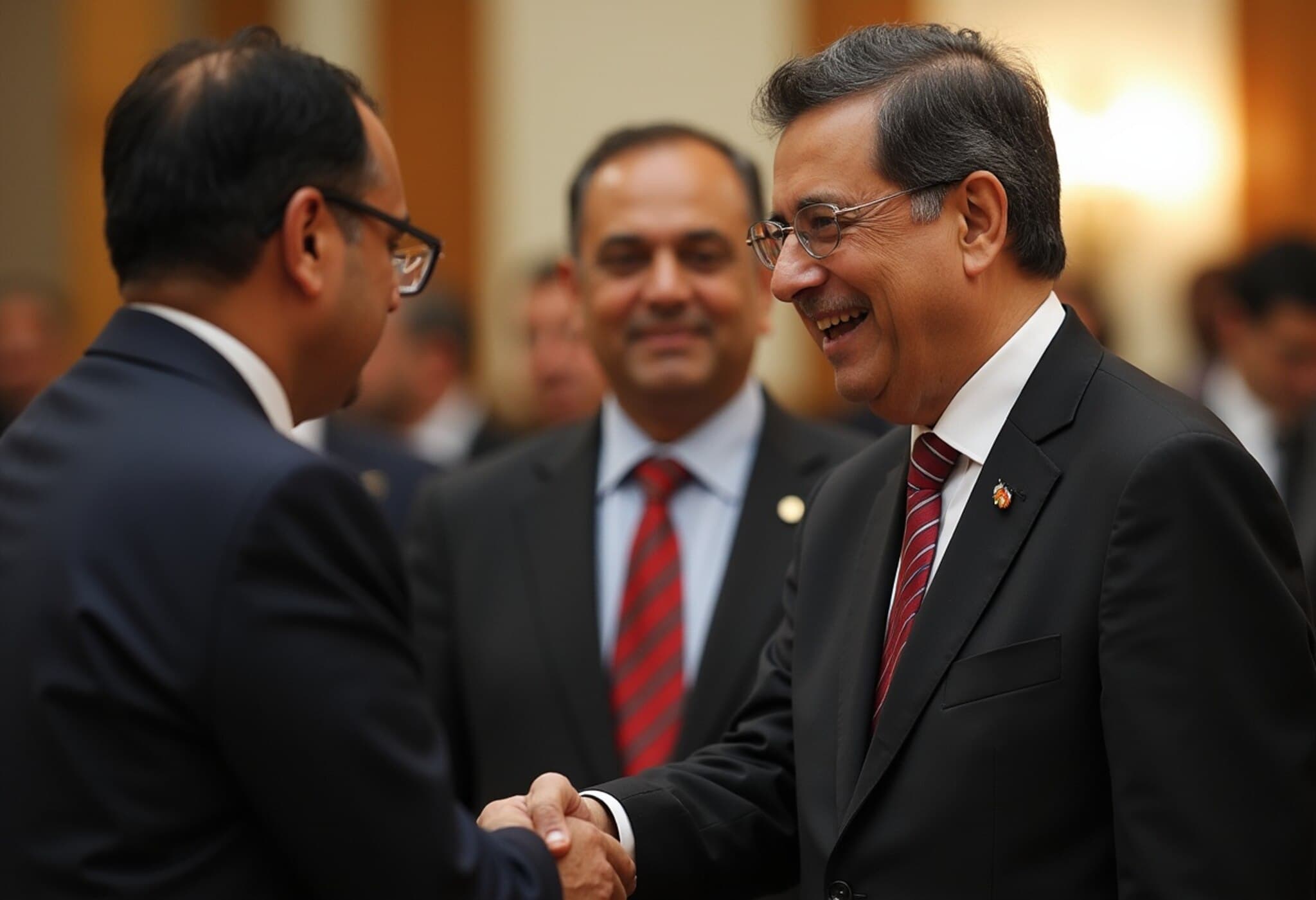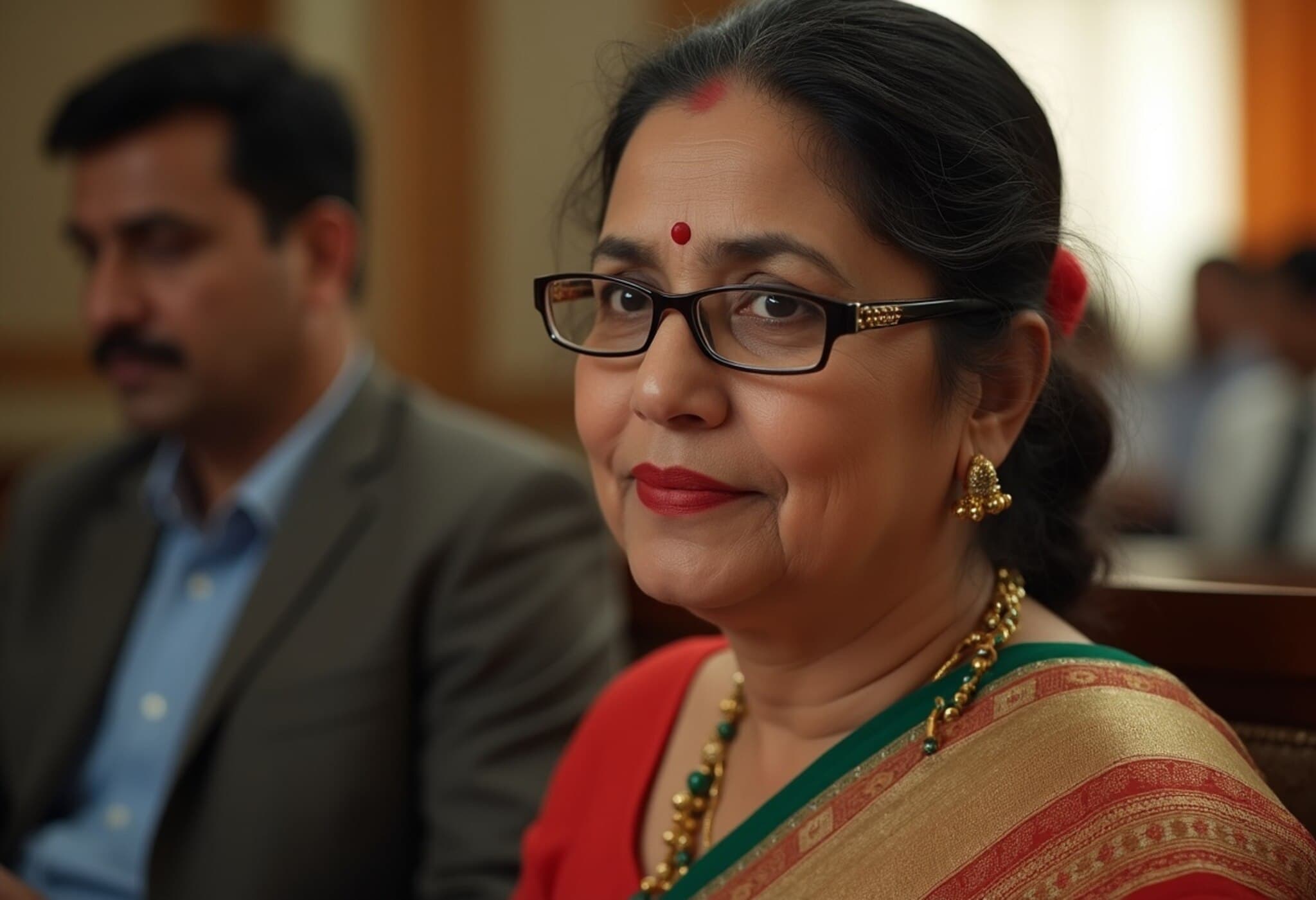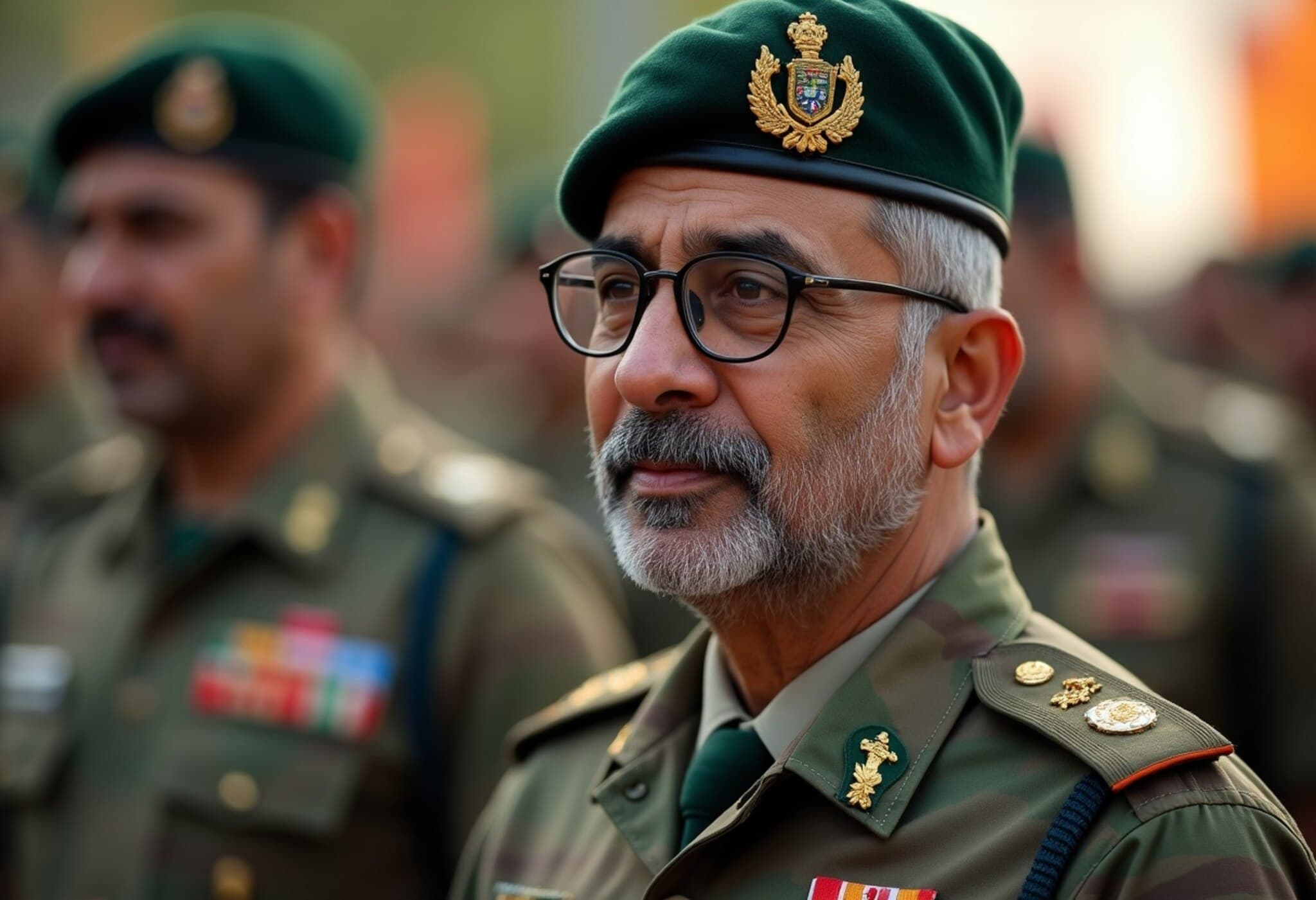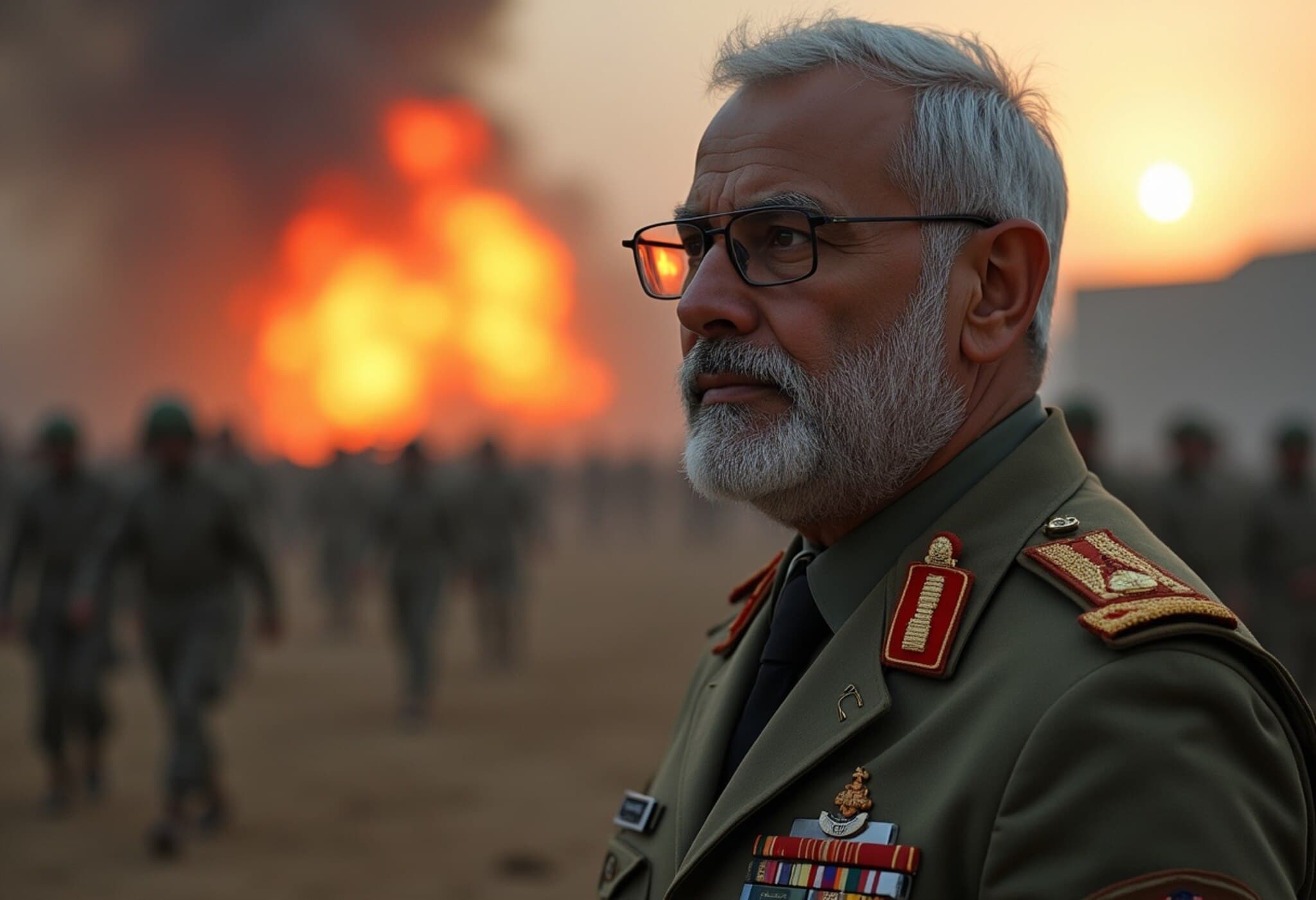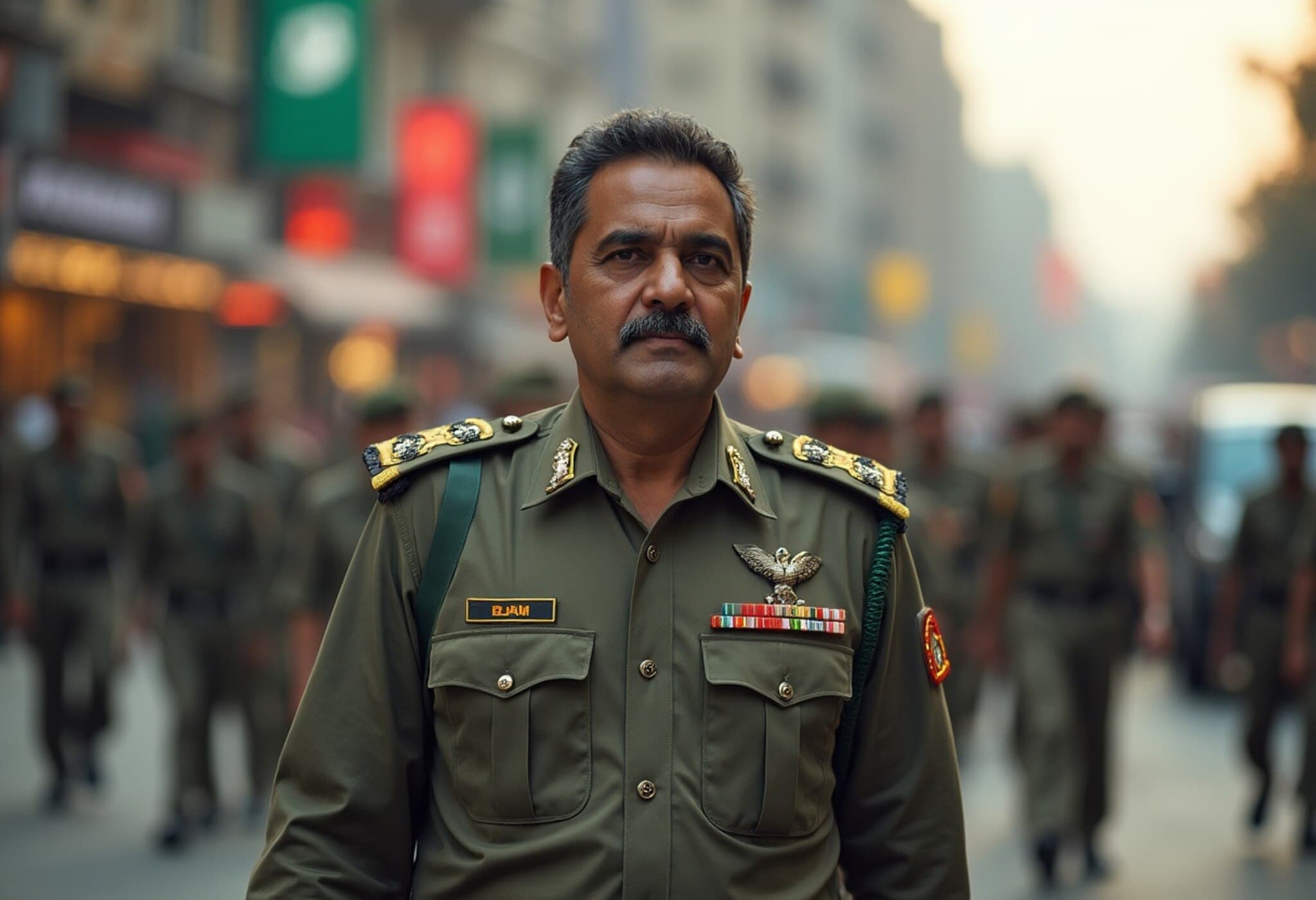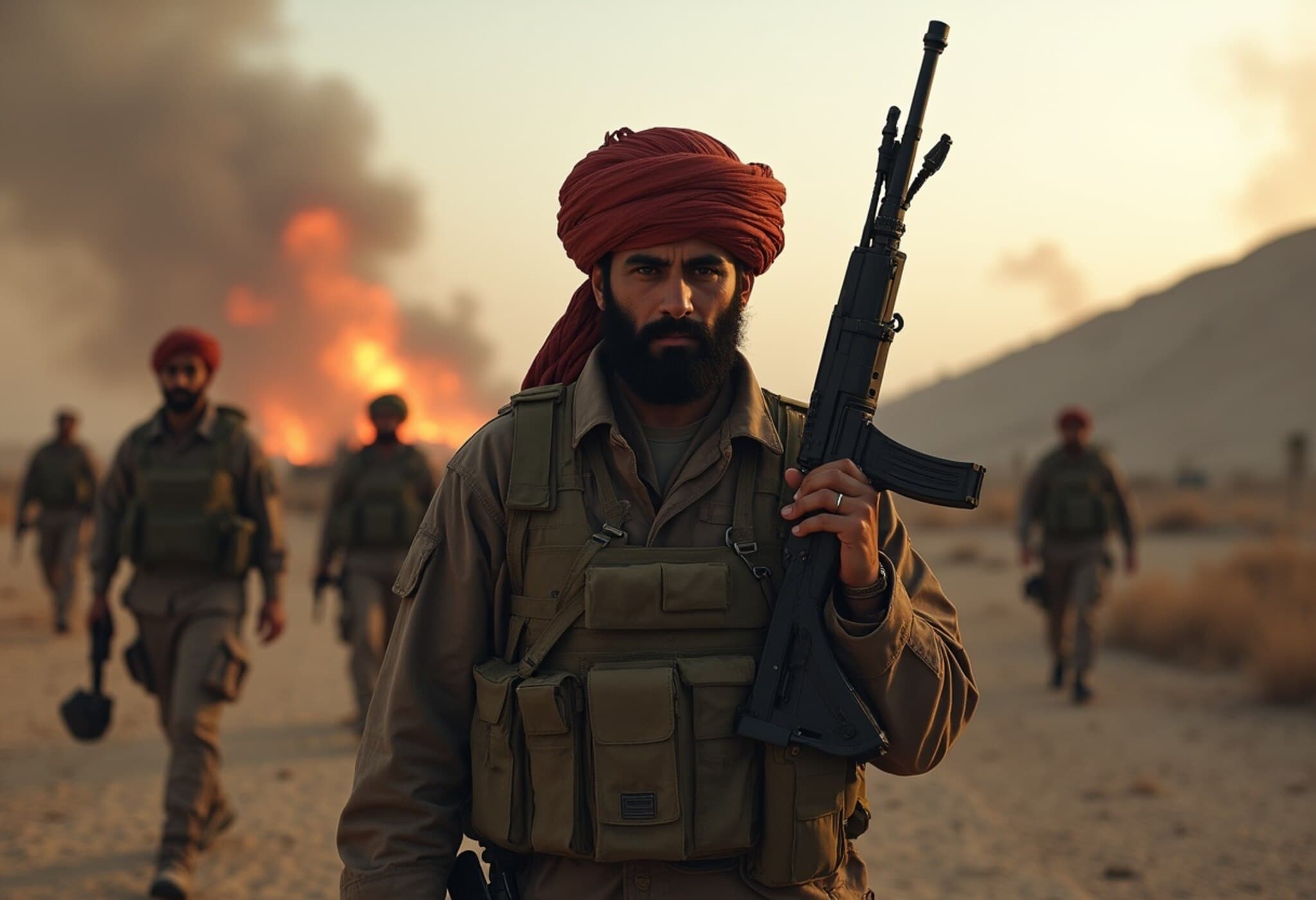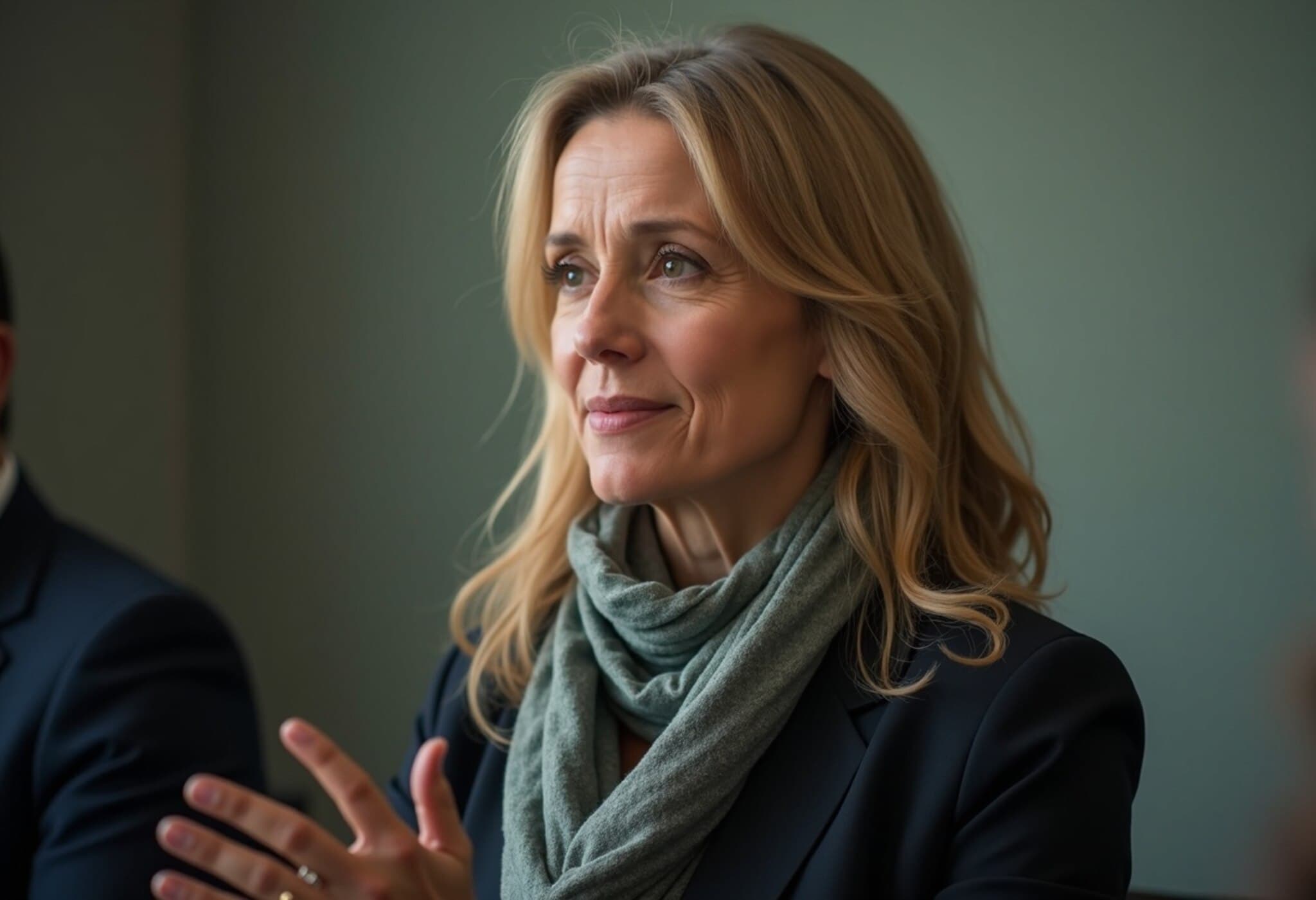Bangladesh Challenges Pakistan’s Assertion on 1971 Reparations Resolution
In a recent diplomatic exchange that has caught regional attention, Bangladesh strongly refuted Pakistan Deputy Prime Minister Ishaq Dar’s assertion that longstanding issues from the 1971 Liberation War have been resolved twice. As Dar concluded a two-day official visit to Dhaka aimed at reviving bilateral relations, Bangladesh’s Foreign Adviser Md. Touhid Hossain reaffirmed that the wounds from that tumultuous period remain painfully open.
Historical Grievances and Unsettled Debts
Hossain articulated Bangladesh’s stance with clarity and conviction: there are unresolved issues regarding reparations, financial settlements, and formal apologies for the atrocities committed during the 1971 genocide. “If these matters had been truly settled, we wouldn’t be discussing them now,” he stated firmly. The Bangladeshi official emphasized that both sides presented their views, with Dhaka demanding a sincere acknowledgment of Pakistan's historical responsibility.
These issues include pre-independence financial claims, repatriation of stranded Pakistanis, and a formal apology for the genocide that remains etched in Bangladesh's collective memory. Given the traumatic scale of human loss and displacement in 1971, many Bangladeshis view these demands as a vital step toward justice and reconciliation.
Pakistan’s Perspective and the Claim of Resolution
Contrary to Bangladesh’s position, Deputy Prime Minister Dar recalled two key instances where he believes reconciliation efforts took place: the 1974 tripartite talks involving India, Bangladesh, and Pakistan, and during a public engagement by then-President Pervez Musharraf in Dhaka. He suggested these engagements settled the matter, promoting an optimistic vision of future cooperation. “The scope for mutually beneficial relations between our peoples is tremendous,” Dar remarked, highlighting trade and investment opportunities as avenues for strengthening ties.
Diplomatic Context: Political Shifts and Regional Dynamics
Dar’s visit occurred amidst notable political changes in Bangladesh, where the recent removal of Prime Minister Hasina and the emergence of Chief Adviser Muhammad Yunus has shifted the diplomatic landscape. Historically, Bangladesh-Pakistan relations have been fraught, especially following Hasina’s government's vigorous pursuit of war crimes trials against collaborators of the 1971 conflict, severely straining ties.
Since Yunus took office, there appears to be a subtle tilt toward warmer relations with Pakistan, yet the reconciliation of historical disputes remains elusive. The signing of one agreement and five memoranda of understanding during Dar’s visit signals progress on some fronts, yet the chasm over historical justice persists.
Why the 1971 Issues Matter Today
- Memory and Justice: For Bangladeshis, unresolved demands symbolize unfinished justice for a brutal struggle for independence.
- Diplomatic Precedent: Addressing historical grievances is essential to build lasting bilateral trust.
- Economic Implications: Deeper cooperation on trade may hinge on resolving these sensitive historical matters.
Expert Insight: The Long Road Toward Reconciliation
Experts highlight that decades of conflict resolution require persistent engagement, mutual acknowledgment, and empathy. John Thompson, a South Asia policy analyst based in Washington D.C., notes, "Reparations and apologies in international relations are often slow and complex. Acknowledging past grievances openly can pave the way for stable future relations, especially between neighbors with shared histories like Bangladesh and Pakistan." He also stresses that "economic incentives alone cannot heal wounds unless historical reckonings are sincerely addressed."
Conclusion
The dialogue between Bangladesh and Pakistan over the 1971 Liberation War remains a sensitive yet critical chapter in their bilateral relations. While Pakistan maintains its stance that past efforts suffice, Bangladesh’s demand for truth, justice, and financial settlement reflects a broader quest for historical accountability. As both nations cautiously navigate these waters, the world watches with interest how reconciliation efforts will unfold amidst shifting regional politics.
The unresolved legacy of 1971 illustrates how history continues to shape diplomatic narratives decades later. For policymakers, the challenge lies in balancing remembrance with pragmatic cooperation. Readers are encouraged to reflect on how historical wounds influence contemporary politics and what lessons this holds for peacebuilding worldwide.

